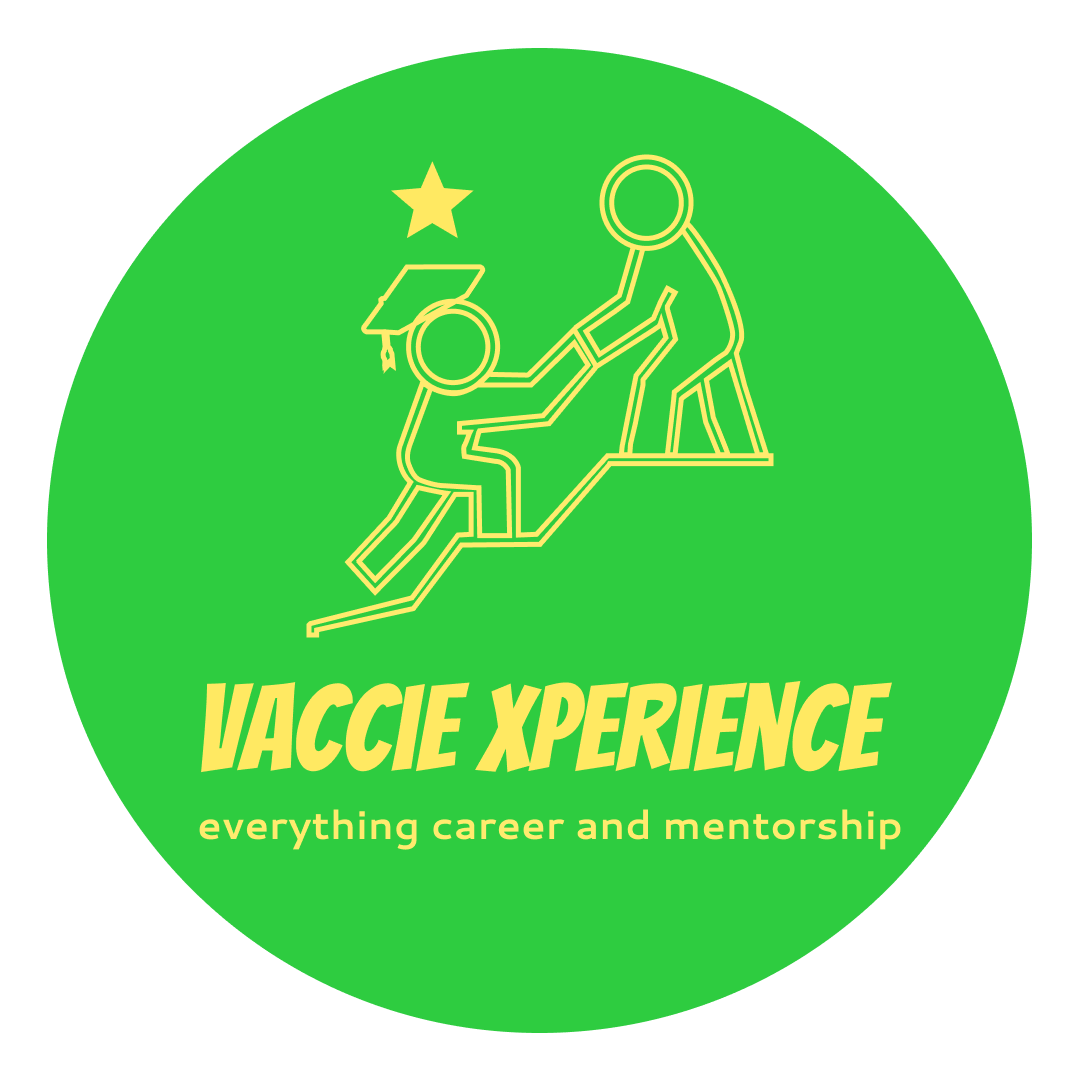"Empowering Futures, One Connection at a Time."
Explore: Youth Development Assistant
Brief description of the role
Key responsibilities and day to day tasks of the job
– I helped organize and participate in outreach events and workshops aimed at empowering youth in underserved communities.
– I assisted youth mentors by coordinating activities, taking attendance, and following up with participants to monitor progress.
– Life Skills Facilitation: I supported the delivery of sessions on topics such as communication, goal setting, leadership, and conflict resolution.
– Administrative Tasks: I maintained attendance registers, helped draft weekly reports, and assisted with filing and documentation.
– Resource Distribution: I helped prepare and distribute educational and wellness materials to youth groups.
– Feedback Gathering: I conducted informal surveys and helped capture youth feedback to improve future programming.
– Team Collaboration: I participated in staff meetings and planning sessions, offering input on how to better serve the youth.
Skills most important for success in this role
a. Empathy and Active Listening
You’ll often work with youth facing diverse challenges — from academic pressure to difficult home environments. Being empathetic means showing genuine care and creating a safe space for them. Active listening helps you understand their needs beyond what’s said out loud, allowing you to support them more effectively.
b. Communication and Mentorship Skills
You need to communicate clearly, respectfully, and in ways that inspire trust. Whether leading workshops, helping with homework, or resolving conflict, being able to connect and motivate young people is essential. Strong communication also helps when coordinating with parents, schools, or community organizations.
Other useful skills include:
Conflict resolution
Organisation and time management
Creativity (especially for planning youth activities)
Leadership and facilitation
Cultural awareness and inclusion
Digital literacy (to support youth with tech or online learning)
School subjects / tertiary courses / required certificates
*Recommended High School Subjects:
Life Orientation
English
Social Sciences
Business Studies (helpful for organizational and admin tasks)
*Tertiary Courses:
Social Work
Community Development
Youth and Child Care Work
Psychology
Public Administration
Sociology
*Useful Certificates (not always mandatory but beneficial):
Basic First Aid
Child and Youth Care Worker Certificate (e.g., SACSSP-accredited)
Facilitation or Mentorship Training (ETDP SETA)
HIV/AIDS Counselling and Awareness Certification (e.g., from NGOs or TVETs)
Basic Computer Literacy
Kind of work environment (e.g Office based, remote, fieldwork etc)
As a Youth Development Assistant at a Social Services NGO, the work environment is typically field-based and community-oriented, with occasional office-based tasks. You will:
– Spend a lot of time on-site in local communities, engaging with youth through workshops, events, and outreach programs.
– Visit schools, community centers, and shelters to conduct sessions and deliver support services.
– Participate in team meetings and planning sessions at the NGO’s office.
– Occasionally work evenings or weekends to accommodate youth schedules or community events.
– This role requires flexibility, mobility, and a strong ability to work in diverse and sometimes challenging environments.
Potential career progression opportunities in the field
Starting as a Youth Development Assistant can lead to:
Youth Worker / Youth Program Coordinator
Lead or design programmes that support young people’s growth — from life skills to leadership training.
Counsellor / Social Worker
With further study or certification, you can move into roles offering psychosocial support to individuals or families.
Community Development Officer
Work on broader community upliftment strategies, collaborating with schools, NGOs, and government departments.
Educational Support Specialist
Focus on academic development and mentoring, often in schools or after-school programmes.
Non-Profit Programme Manager
Oversee youth development programmes at NGOs or foundations, managing budgets, reporting, and staff.
Life Coach / Career Coach
Help young people set and achieve personal, academic, or career goals.
Policy or Advocacy Roles
Some youth development professionals go on to influence youth policy or work in advocacy for children’s rights.
Are there any internships, work experience or volunteer opportunities that would help gain exerience in this field
Volunteer Experience (great for entry):
School holiday camps, Sunday school, or youth clubs
NGOs or shelters offering life-skills workshops
Libraries or community centres with youth enrichment programmes
Peer mentorship groups (like tutoring, coding clubs, or sports teams)
Organising youth-focused events or youth parliament simulations
